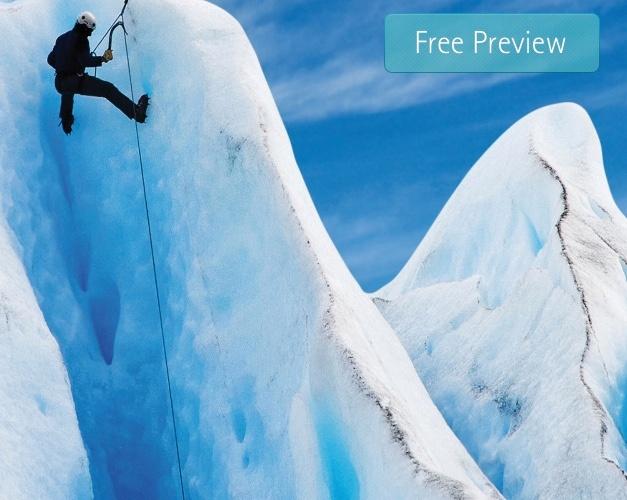
Travel has certainly become easier the past twenty years thanks to discount airlines and the web, but the effects are not always positive. Increased carbon emissions, more environmental degradation and the world’s cultural homogenization are amongst the results cited by those concerned about cheap and easy travel. But one emerging travel publisher is leveraging the latest technology with increased interest in responsible travel, and in turn aims to bring water to those who need it most: Ecoalsur.
Based in a coworking office in Montevideo, Uruguay, Ecoalsur is a group of travel writers, adventurers and techies who seek to inspire travelers to see the world in a more environmentally and socially responsible way. For now the ground Ecoalsur covers is Latin America, though the firm’s network of writers has started to write about Africa and more regions across the world are on the horizon. In addition to highlighting responsible travel opportunities from the Uruguayan coast to Patagonia to Chiapas, this social enterprise focuses on another task: bringing clean and safe water to South America’s Gran Chaco.
While most of Latin America is relatively water rich, the Gran Chaco is an arid region where water scarcity is the norm for many citizens. Spread between Argentina, Paraguay, Bolivia and Brazil, this area, about the size of Texas, is home to a population where as much as 47 percent of the population lacks reliable access to water. For Paraguayans living within this Gran Chaco, the percentage of people who lack basic water needs is as high as 64 percent. While crops that could be churned into biofuel such as jatropha and and switchgrass may offer economic opportunity in the future, the Gran Chaco continues to suffer deforestation—and its people, poverty.
Proceeds from Ecoalsur purchases fund water programs in the Gran Chaco, with additional regions to benefit in the future as the company grows. For now Ecoalsur is available on iPhones and iPads: the download itself is free, and various guides are an in-app purchase that cost US$7.99 and are available online. The company contributes 20 percent of sales to water access projects in the Gran Chaco. Guides are available in English and Spanish. For now Ecoalsur is working with three NGOs, including Sed Cero, a multi-stakeholder organization based in Cordoba, Argentina. Sed Cero’s goal is to raise awareness and fund community water projects that will benefit 100,000 people in the Gran Chaco by 2016.
Vera Tochetti founded Ecoalsur after what she described a 10-year personal and professional growth path. After working for several different publishing companies in Montevideo, she finally decided to take the plunge and launch Ecoalsur. “You have no idea how passionate I am about this project,” she told me when we met in Montevideo late last month, “and I want more travelers to feel excited about not only traveling more ecologically, but know that their purchase can do some good for people far away.” At a time when many travel guides, including the Lonely Planet, make you wonder if the writers have actually been there in several years, the guides I have downloaded are crisply-written, full of detail and offer new ideas on how to explore Latin America.
Image credits: Ecoalsur
After a year in the Middle East and Latin America, Leon Kaye is based in California again. Follow him on Instagram and Twitter. Other thoughts of his are on his site, greengopost.com.

Leon Kaye has written for 3p since 2010 and become executive editor in 2018. His previous work includes writing for the Guardian as well as other online and print publications. In addition, he's worked in sales executive roles within technology and financial research companies, as well as for a public relations firm, for which he consulted with one of the globe’s leading sustainability initiatives. Currently living in Central California, he’s traveled to 70-plus countries and has lived and worked in South Korea, the United Arab Emirates and Uruguay.
Leon’s an alum of Fresno State, the University of Maryland, Baltimore County and the University of Southern California's Marshall Business School. He enjoys traveling abroad as well as exploring California’s Central Coast and the Sierra Nevadas.














